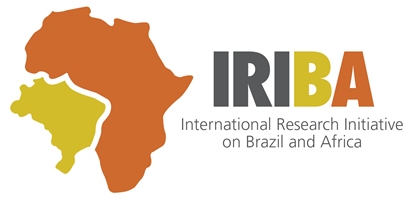WATCH: Ed Amann & Armando Barrientos findings overview
IRIBA project leads Ed Amann and Armando Barrientos offer their perspective on the research findings, following our final workshop in Rio de Janeiro in December 2016.
Brazil and corruption: don’t hate the player, hate the game?
Much of IRIBA’s research has been cautiously optimistic, analysing changes that saw Brazil embark on a path of pro-poor growth and consolidate its newly redemocratised institutions. Now, the distinctive development ‘model’ that emerged in the early 2000s faces its first major challeng
Social policy and inclusive growth in Brazil
Inclusive growth doesn’t come out of nowhere. IRIBA’s Professor Armando Barrientos explains the ways in which socially-oriented policy decisions led to economic growth that primarily helped to increase the incomes and wellbeing of Brazil’s poorest, rather than that o
November 18, 2016
Brazil in political crisis: what has happened, and what might it mean for development?
IRIBA’s research has argued that in recent decades Brazil has followed a distinctive development trajectory. This has centred on inclusive growth and the use of innovative tax-financed social policy in reducing poverty and inequality and bolstering long term human development. However
Pesquisa IRIBA em Português
We have just published summaries of all the IRIBA research briefings, translated into Portuguese. View them via our Portuguese overview page. Photo credit: Adrien Sifre (CC BY-NC-SA 2.0)
Presidential elections in Brazil: a choice of development models
Mariana Mota Prado, author of the IRIBA research on the Brazilian approach to anti-corruption wrote the following comment on the Brazilian elections for the University of Toronto law blog. It’s re-posted here with permission. Last month, Brazil decided to re-elect its President,
Tax and the social contract in Brazil
“Brasil” by Roger Schultz (CC BY 2.0) By Marcus Melo, professor of Political Science at the Federal University of Pernambuco, Brazil, and Armando Barrientos, co-research director of IRIBA. Cross-posted from the Tax Justice Network blog. Internationally, debates on tax in Brazil ofte
Brazil: a role model for development?
The following article by IRIBA research directors Professor Armando Barrientos and Dr Ed Amann was recently featured in The Guardian: Brazil isn’t getting the best press at the moment, with ongoing problems with the construction of the World Cup stadiums and protests abou
This is progress
Brazil (like pretty much every country) isn’t without its problems. But it has made big progress – particularly when you take a slightly longer term view. It’s a country that has taken 22 million people out of poverty since 2003. A key factor in achieving this has been a r
© IRIBA 2014 | All rights reserved I Google+
Hosted by The Brooks World Poverty Institute
